https://www.youtube.com/watch?v=A4SLDQDXdp0
Keys To Successful Co-Founder Relationships _ Startup School
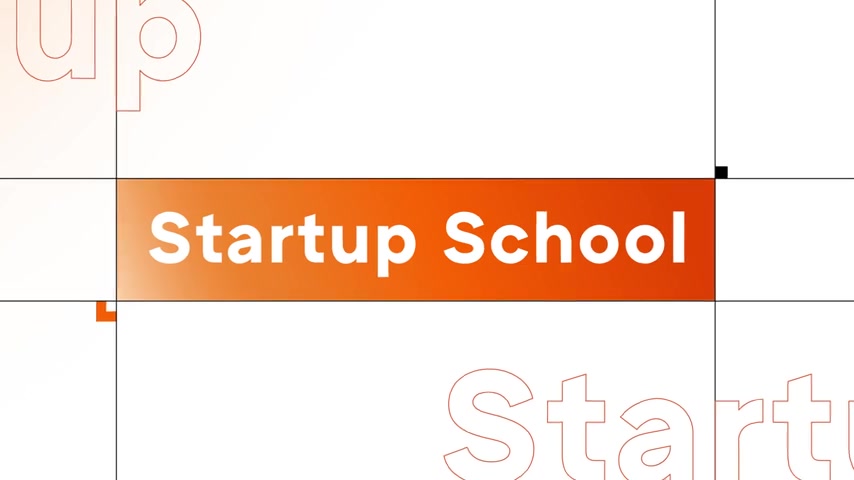
Good morning , everyone .
My name is Kat .
I'm a software engineer here at Y C and I lead the startup school team today .
I have visiting group partner , Divi with me and we're going to talk about everything relating to co-founders .
So what is a co-founder ?
Where do you find a co-founder ?
How do you evaluate co-founder once you have one , how to work together ?
Thanks so much for having me , Kat .
Uh I'm really , really excited to talk about this today actually .
Um Finding the right co-founder is arguably the most important part of starting a company .
I've seen so many startups fail or succeed due to co-founder issues .
And so I'm really glad we're doing this today .
Yeah .
And to start things off , let's clarify something .
What do we mean by the word co-founder ?
Yeah .
So quite literally a co-founder is someone who starts your start up with you .
Um So when you apply to Y C , we consider someone to be your co-founder if they have at least 10% equity .
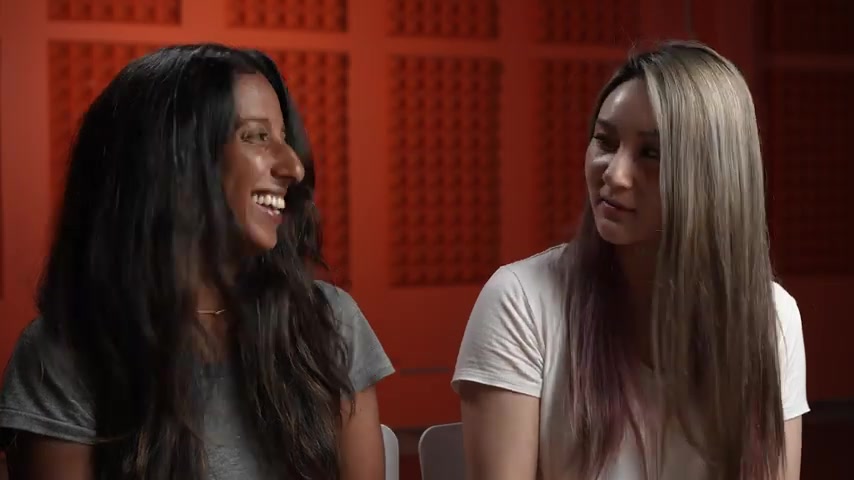
Um But in general , a co-founder is someone who is there from the beginning or close to the beginning , who is building your company with you So if I'm hardworking and smart , can I just start my startup alone ?
So , yes , Kat , you are very hardworking and smart and I don't doubt you .
Um The short answer is yes , you absolutely can .
But it's , it's really hard , like really , really hard , you know , a startup is a very difficult journey for anyone and doing it alone makes it more than twice as hard .
And so , you know , we really recommend having a co-founder for the following reasons .
So number one is productivity .
So moving fast is critical in a startup .
And when you have two people , three people , you can literally move two or three times as fast , you can just get so much more stuff done .
Um Additionally , you brainstorming can be higher quality , right ?
You can help each other see around corner and bounce ideas off each other .
Exactly .
Kind of maybe not get into a rut with a bad idea .
Have someone checking um accountability is , you know , a little bit more effective when there's someone else there , you know , you do your daily stand up and say this is what I'm gonna get done today .
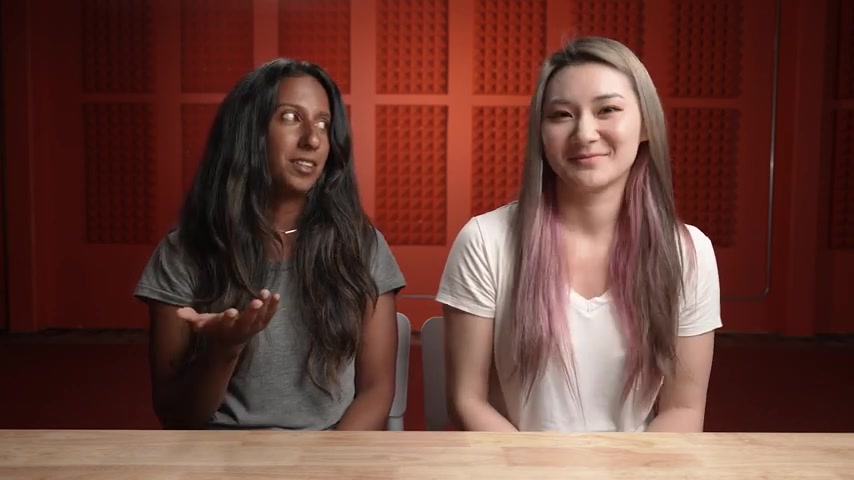
And then there's someone there the next morning to ask you whether or not you did it .
And then I think moral support is another huge and sometimes overlooked component .
So a startup has a lot of ups and downs .
There's moments of optimism , there's moments of despair and having someone that can both empathize with you but also balance you out in some of those scenarios can be just so helpful to keep moving .
If you're not convinced by those theoretical reasons , it turns out that the empirical evidence also supports having a co-founder .
Most successful companies have been started by more than one founder , even companies that are famous for only one of its founders actually had at least two Microsoft .
We all know Bill Gates , but Paul Allen was around for 10 years .
Apple .
So Steve Jobs is the face of Apple .
Um But Steve Wozniak was the one who designed and built the Apple computer .
And little known fact , they actually had a third co-founder uh Ronald Wayne , he left pretty early but there were three of them in the beginning .
Yeah .
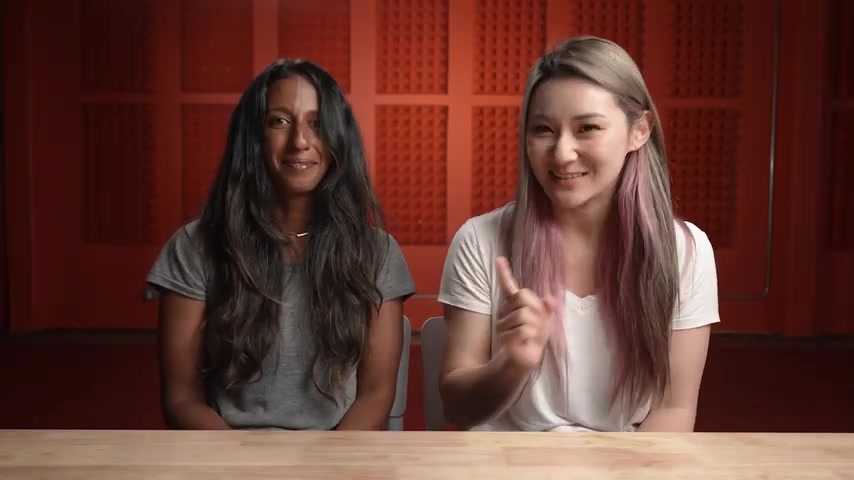
And Facebook or I guess meta now , if you've seen the social network , you'll know that Mark Zuckerberg had not one , not two , not three , but four co-founders .
So the list obviously goes on and on , but we also have some quantitative data to share .
So while Y C does fund solo founders , yes , we do , we do fund solo founders of Y C's top 100 companies .
Only four were founded by a solo founder .
Are there really only four ?
Yeah .
Yep .
And in those cases , there is a clear pattern among the solo founders as well .
They're always able to make progress on their own .
So they built their own M E P , they got their own users , et cetera .
Yeah .
So I actually know some of these guys , they're exceptional .
Um And it's worth repeating then that while having a co-founder dramatically increases your chances of success .
Y C actually does fund solo founders .
Um We believe that ultimately you are the best judge of whether having a co-founder is the right call for you .
Yeah , absolutely .
But if you are convinced that you need a co-founder , let's talk about where to find one .
Did you have any ideas ?
Yeah .
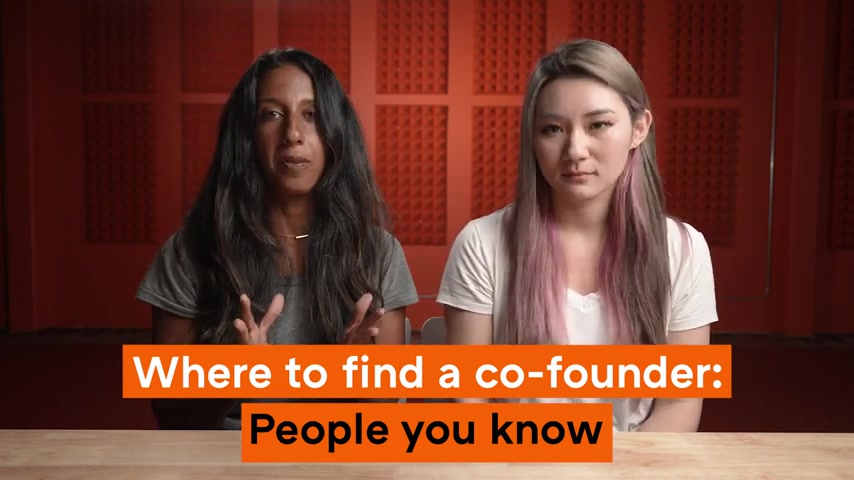
So the obvious place to start is people that , you know , so friends , classmates , colleagues , if you're in school , this is an awesome time to find a co-founder , right ?
You're surrounded by classmates , friends , people who would be fun to work with uh responsibilities , fewer responsibilities for sure .
Um If you're working at a company , look to your coworkers that are smart , capable , impressive people that you work well with and beyond that , you know , look to other people in your network , friends , friends of friends .
And if you see someone who you think might be a good match , work on a project with them , right ?
Like this can be a lower way to test out your working relationship , your skill sets , um than an actual startup .
And you can kind of get a sense for what it would be like to work with them as an added bonus .
The kind of person who wants to work with you on an evening or weekend project is like , usually really good co-founder material .
Yeah , that makes sense .
Yeah , these are all really great avenues for finding people , you know , in real life in parallel .
I would also highly recommend checking out Y CS co founder matching platform .
Here's how it works .
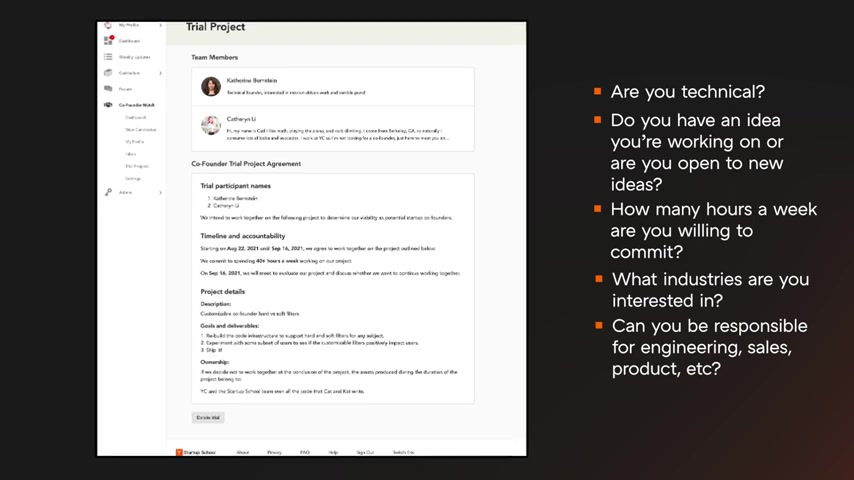
When you sign up , you tell us about yourself and what you're looking for .
So we ask yourself like , are you technical , do you have an idea you're working on or are you open to new ideas ?
How many hours a week are you going to commit ?
What industries are you interested in ?
Can you be responsible for , you know , engineering , sales product , et cetera ?
So once you've done that our team will manually read and approve your profile just to make sure , you know , you're not a robot , you're not a dev shop out here .
And once you're approved for the platform , you can then look at profiles that pass your filters .
If you see someone interesting , you can send them a message and if they're also interested in you , they'll match with you .
We recently also built a new feature that we call speed dating .
I love that it does come from the consequence .
Be dating .
You set aside an hour to be online , you match with other founders for five minutes of one on one video chat at a time .
And it's just a really great way to quickly meet tons of people interested in starting startups , which is already a pretty big filter .
That sounds really helpful , kind of , especially as part of Y CS greater ecosystem cat .
How many users do you have ?
Am I in office hours ?
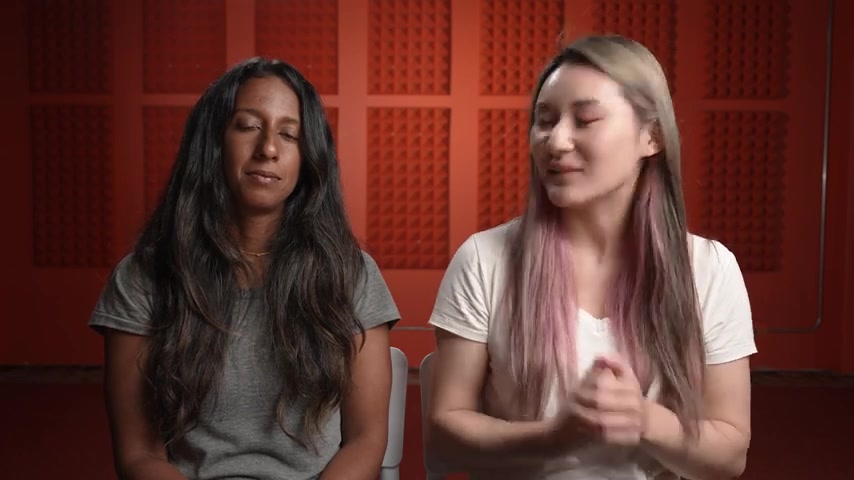
Well , I do know the answer to this question .
So we launched co-founder matching early last year .
We now have 40,000 profiles on the platform and we actually just crossed 100,000 matches last week , 100,000 matches is pretty impressive .
Do you have any success stories you can share ?
I do and I'm really excited about it .
So while it's a little bit early to say , if these teams will last , you know , 7 to 10 years , we have seen some really promising early signs .
Over a dozen teams have met on the platform , decided to be co-founders applied to Y C together and actually got it .
That's awesome .
I have an example .
This is Sequin .
So Verina was a PM at Visa where she launched credit cards like the Chase Sapphire Reserve .
She left her job and spent about a year working as a solo founder on a product to help women build credit .
She was looking for a technical co-founder who was mission driven and had fintech experience .
Mark had 10 years of engineering experience at paypal .
He spent six years as CTO of family oriented startups and he wrote on his profile that he cared deeply about gender equity , such a good match .

So they were a perfect match on paper and it turns out they were a perfect match in real life they met on Zoom , they just vib instantly .
So they arranged to meet in person .
They met every day for the next week in person .
And so it's really easy for them to decide to work together .
These guys went through Y C and raised 5.7 million dollars .
That sounds like a dream .
Actually .
It sounds like kind of a , like love at first sight co-founder matching .
Um Do all co-founder matches take so quickly or do you have examples of things that maybe took a little bit more time to , to take ?
Yeah .
Yeah .
So , you know , every story is a little different .
So this is Kiwi Biosciences .
They're another team from the summer 2021 batch .
These founders were actually some of the earliest users of copa matching , which is really cool .
Like first couple 100 users , Angie started a company to solve her own pains with irritable bowel syndrome .
David had experience in this industry , he actually started to start up in the same problem space before .
So she renewed right away that he was the one .
But when they first met , David was actually working on a trial project with a different potential co-founder .
He met through the platform , plus he didn't like her ideas .

He thought her idea would never work .
And so he ended up just being an advisor instead and they met once a week for a while .
But eventually , even though he wasn't sold right away on the idea .
He was really impressed by Angie as a founder , he believed in her .
So they eventually took a very structured approach .
They filled out this 50 question long co-founder questionnaire and spent a month working on a trial together .
And by the end of that month , it was easy .
So they also went through Y C and they raised like 1.5 million dollars .
As an aside .
That's interesting that he didn't love the idea , but thought Angie was awesome .
This is something we see in general across the space .
So that's um and even at Y CS , yeah , even at Y C .
Um So while we're on the top of co-founder matching success , um can you share any tips on getting the most out of the platform for anyone out there that's gonna use it ?
I imagine that some of this advice actually applies more broadly to a co-founder search whether or not it's on the platform .
But like what have you seen ?
Yeah , I would love to talk about this .
So I have two main tips .
Number one is just really fill out your profile .
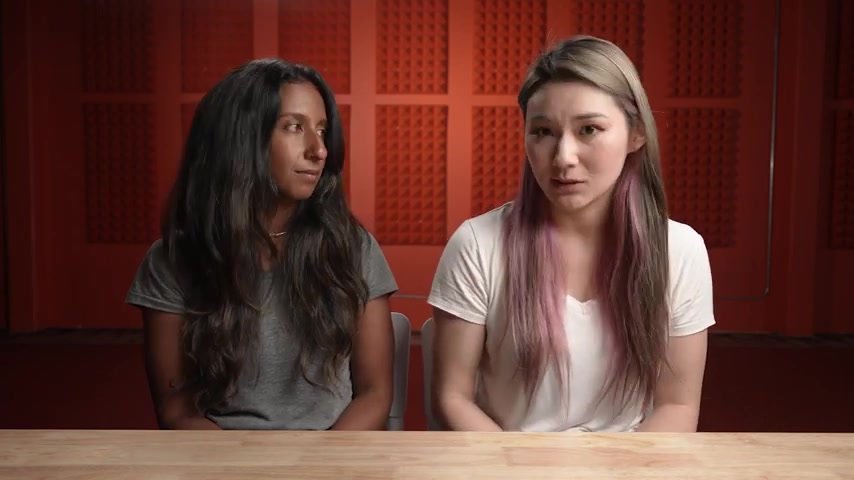
It sounds basic , but the difference between 10% and 100% effort is very apparent , especially when you're comparing these profiles side by side .
So what I mean by that is , you know , put up a picture or a video photos are optional on the platform , but it helps make you look like a real person you should brag a little so some people , especially women or people from other cultural backgrounds value humility a lot .
But this is not the time to be humble .
Potential co-founders don't know you , they're only seeing a snapshot of you .
So you really want to sell yourself here .
Yeah , you want to stand out from the crowd , right ?
Like this is the time to just like put your achievements front and center .
Yeah .
And I think this is especially important if you are a nontechnical founder with an idea trying to recruit a technical co-founder .
This is a really common case on the platform .
But the thing is the technical founders get lots and lots of invites and so you have to differentiate yourself by bragging about your accomplishments and maybe show them the progress you've made on your own .
There's a huge difference between someone saying , hey , I have a great idea .
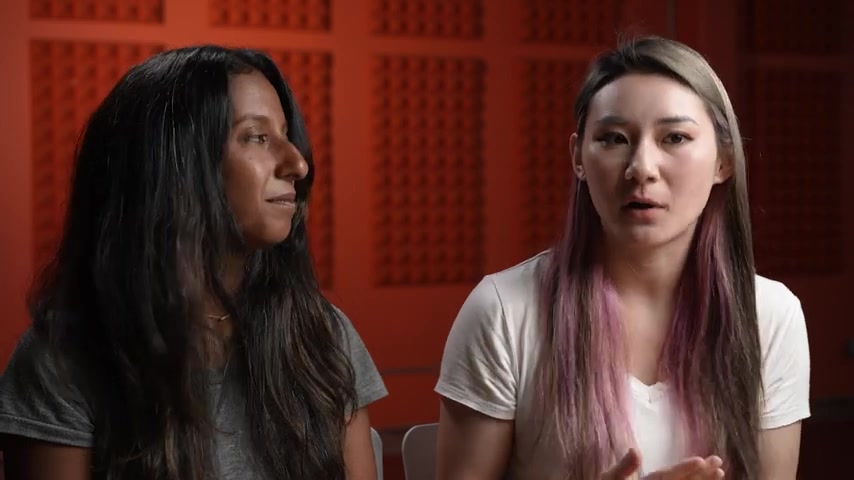
I'm just waiting for someone to help me build it versus like , hey , I'm working on an idea .
I have an M V P , I have some users and I want a partner to come help me build it out .
Yeah , I remember people are joining you as a person , not your idea , right ?
And so like show what you can do as a person .
Yeah .
The second thing I would say is meet as soon as you can in real life if possible .
But Zoom is also great according to stats from our platform 70% of all meets happen within two weeks of matching .
So , what I'm gathering is you either meet really soon or not at all .
All right .
Now that we have some avenues for finding potential co-founders , let's talk about how , you know , if they're a good fit for you , you've started multiple startups .
What are some things you look for when evaluating a potential co-founder ?
Yeah .
So this might sound extreme , but a co-founder relationship is like a marriage .
Um and it's really important to get this right .
And in many cases , you might spend more time with your co-founder than you do with your spouse , especially if things are going well , especially if things are going well .
Exactly .
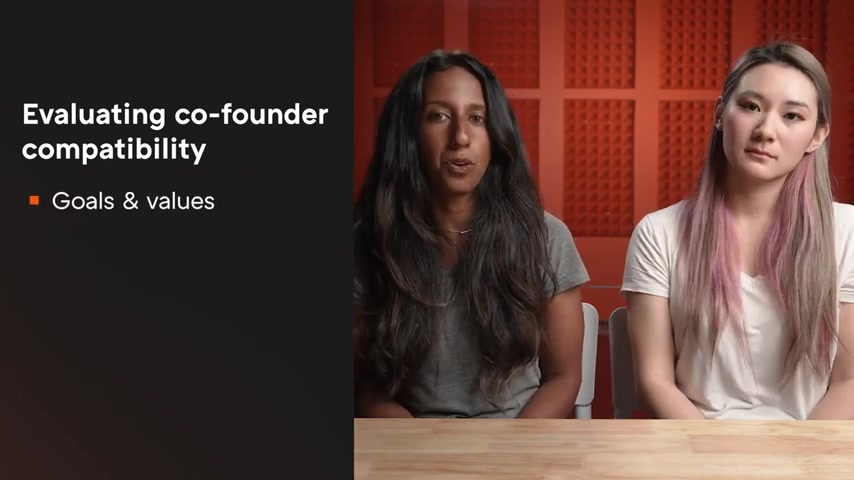
So I wanna talk about a few things to align on early and we're gonna talk about some of these again when we talk about working with your co-founder .
But early on here's some conversations to have .
So one is goals and values .
So what motivates you ?
Why do you want to do a start up ?
Um How stress ?
So how do each of you handle stress and how will you help each other handle stress ?
Are you able to provide what the other person needs ?
Um Because there are gonna be stressful times , um communication .
So can the two of you or three of you have an honest and frank conversation with each other and still move forward productively ?
Um Finances are a very important one to talk about early how long can each of you go without a salary or with benefits ?
What salary requirements do you have ?
Is there a kind of a timeline in mind of that which , you know , you need to have more of a market rate , salary or raise money ?
Uh , make sure there's some alignment on this or at least a conversation .
Um , and lastly commitment .
Um , how many hours a week can you work ?
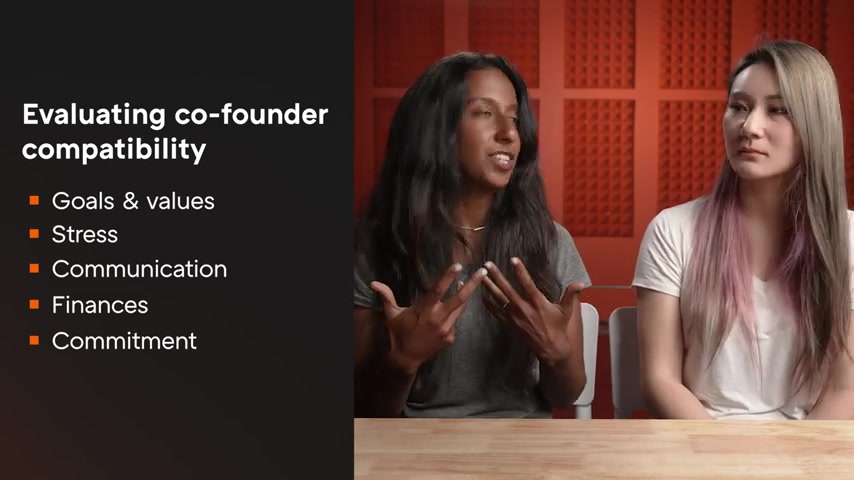
You know , like , what do evenings and weekends look like ?
Are you guys on the same page around this ?
Just there's no right or wrong answer , but these conversations need to be had early on .
And then lastly , um , Kat touched on this earlier , but meet in person if you can .
Um , it's a lot easier to communicate and get a sense of compa compatibility and communicate some of the nuance on the above topics .
If you're actually sitting face to face with someone , I'd like to also add on a counter point .
There are some things people tend to think are important but maybe aren't actually so important .
So specifically what I'm talking about is complementary skills .
I got an email the other day from a founder telling me they needed to find someone to help fundraise and bring in a network of potential investors and experienced board members .
No , no , you don't .
You can learn that actually most skills are very learnable .
So that includes fundraising , marketing , even sales .
It's much more important that you're compatible with your co-founder in the other ways that you mentioned above .
Yeah .
So there's one exception to this rule actually .
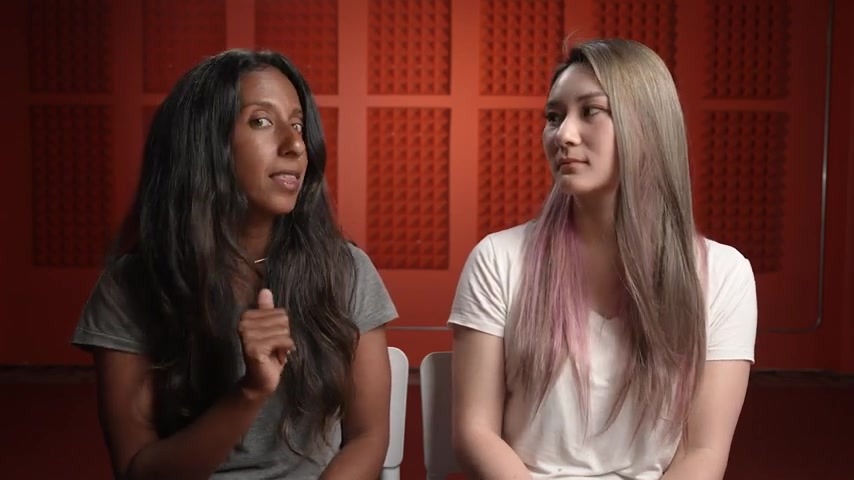
And so , absolutely right .
You don't need someone who can come in and like do your fundraising for you .
But if you're non-technical , you should really think seriously about getting a technical co-founder .
And one of the most common questions we get from non-technical co-founders is I can't find a technical co-founder .
What should I do ?
Can't I just hire a Dev shop to help me build out my product .
The short answer is , please don't do that .
Like if you really can't find a technical co-founder , you should learn how to code um DEV shops pose a ton of challenges , especially for really early stage companies .
You know , not only are they costly from day one , but it can be extremely challenging to iterate quickly as you're learning from your users .
You know , DEV shops are designed to ship clear deliverables .
And as an early stage startup , like you don't have a clear deliverable , like you're kind of like feeling around in the dark and building for your users and the requirements are changing on the fly .
They also don't care about your user .
They're just like , I'm gonna do this thing you're gonna pay me .
Exactly .
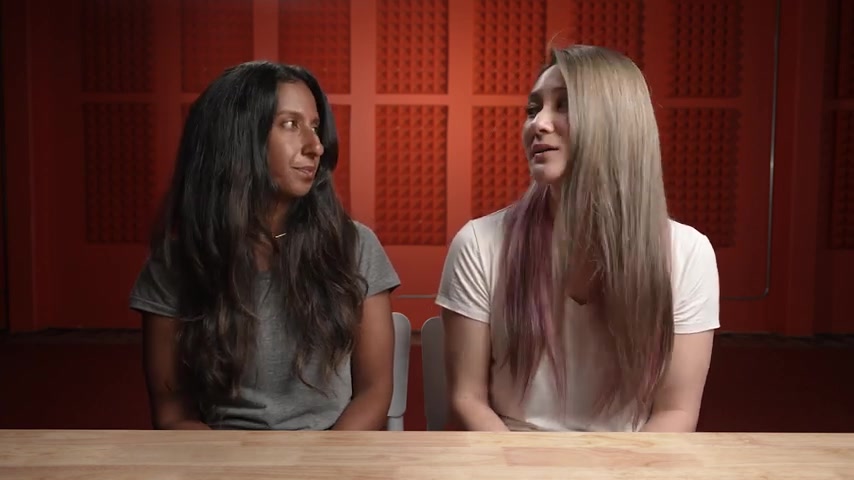
And um you know , iteration can just become really clunky ineffective and again , very expensive .
Um So in short , a technical co-founder is an amazing investment early on .
If you can find one .
The last thing I want to bring up in this section about evaluating co-founders is trial projects .
The only way to tell if you work well together with someone is to try working together .
So at Coiner matching , we recommend that before jumping into a full blown Coiner relationship , you work on a trial project together .
First , essentially you agree beforehand on a timeline , usually 2 to 4 weeks , a tangible project goal and scope and also who owns the work at the end .
It's a very structured way to try working together with some mutual expectations .
I do want to say though , remember at the end of the day , just like with any other risk you take in life , you will eventually need to take a leap of faith .
And that's especially true when you're starting a startup , which is risky in all sorts of ways .
So find someone you're willing to take a leap of faith with .
Yeah , absolutely .
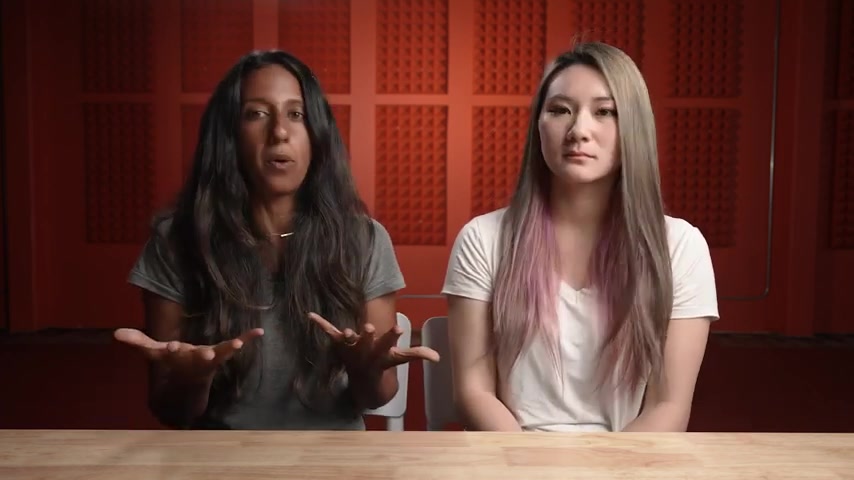
And , um , you know , we talk a little bit about like de risking things and like a lot of these questions we talked about earlier are ways to derisk that co-founder relationship .
But again , like , do you risk getting to the point ?
You can and then , and then you just gotta go .
So let's say you found someone you want to work with , you know , using co-founder matching or one of these other ways we talked about .
So now I want to move on to an important topic which is how to split equity with your co-founders .
So the General Y C advice is that by default , you should just split equity equally .
So lots of options here , but you can kind of start from that baseline .
And the reason for this is because , you know , you would like to be making equal con contributions going forward and you should both be equally motivated to work hard for a very long time .
You should value your co-founder .
And if you don't like , why are they your co-founder ?
But , but I came up with the idea , ideas don't matter .
Um ideas are cheap , right ?
And if things go well , first of all , the idea is very likely to change over time as you listen to your users .
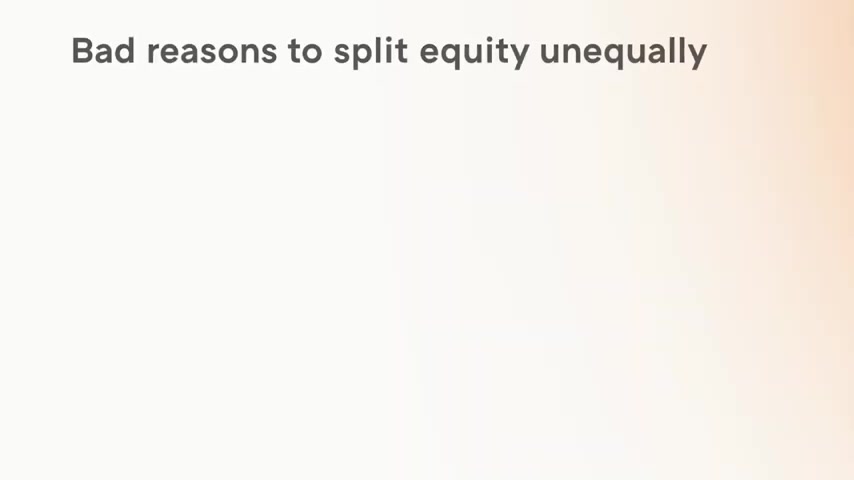
But if things go well , you're gonna be working together on this for the next 7 to 10 years or more .
Exactly .
So , you know , the point in time that you came up with the idea is just such a small part of your startup journey , right ?
That makes sense to me .
So here are some other really common , bad reasons we hear for splitting co-founder equity unequally .
So of course , I came up with the idea , I started working on this idea before my co-founder did my co-founder took a salary and I didn't , I'm older and I'm more experienced than my co-founder .
We need someone to tie break when we have arguments .
So there is a good point here about needing a tiebreaker , but we'll talk about that in a second .
It doesn't need to be done through .
Exactly .
I launched my M V P without my co-founder .
My co-founder agreed to their smaller share .
Another one is , you know , I raised so many $1000 before my co-founder joined .
So , even if you think you got a good deal now , this could potentially result in resentment later down the line .
Yeah , you shouldn't be trying to get a good deal from your co-founder like it kind of starts the relationship off on a bad foot .
Yeah .
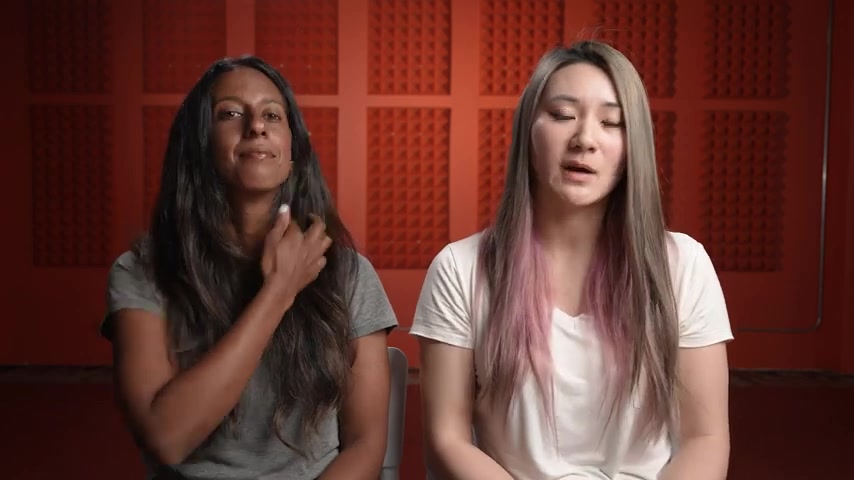
So the bottom line here is all of the work is still ahead of you .
You both need to be happy and motivated for a long , long time , startup .
Outcomes are pretty bimodal .
So don't jeopardize your co-founder relationship over a few percent .
All right .
So we've talked about how to get set up with a founding team .
It is time to get to work .
Now we're going to share some stories and best practices on how to work with your co-founders when it comes to team work .
One thing we often hear is that communication is extremely important , devia .
Do you have any advice for our founders on how to keep clear and open lines of communication ?
Yeah , this is a great question .
So communication is so important and it's as important as it is in any close relationship in your life .
So we talked about this earlier , but you know , a co-founder relationship is , it's not a stretch to think of it as a marriage .
Yeah .
And I imagine that setting up these communication channels starts very early in the relationship .
Like , almost before you start working together , you need to align on certain expectations .
Right .
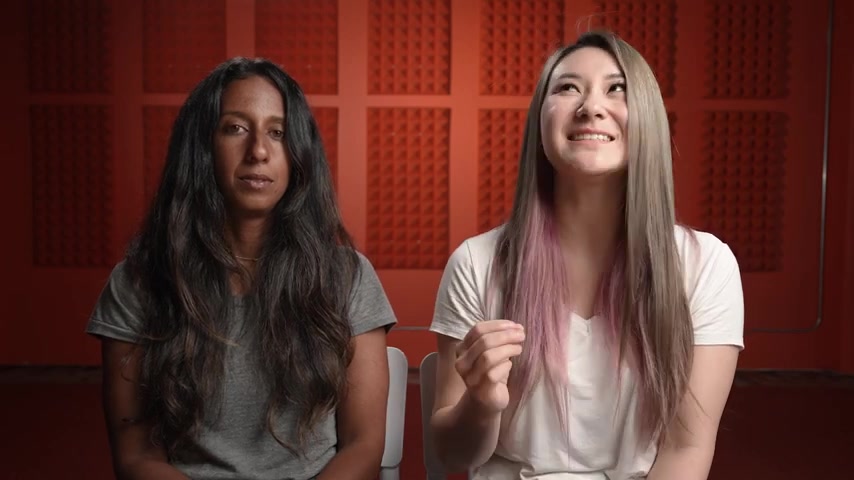
I've seen co-founders enter into relationships with very different pictures of what it looks like to work together from anything from , you know , how many hours you work to , how much salary you're gonna draw to how many meetings a week you plan to have .
You're so right .
Kat talking about expectations is one of the first ways to really test out your communication with your co-founder and make sure that you can actually have hard or uncomfortable conversations um while still being productive .
So at my first startup , we initially had four founders , um all friends , still friends , still friends , still , still very good friends .
Um And there were a couple of topics that we should have discussed early on that just became bigger problems later than they needed to be .
Um So first we found out pretty early on about six months in that one of our co-founders , he kind of had a timeline in his mind for how long he would wait for the product to go viral .
Um It was a totally reasonable expectation , but it's not something we'd really discuss .
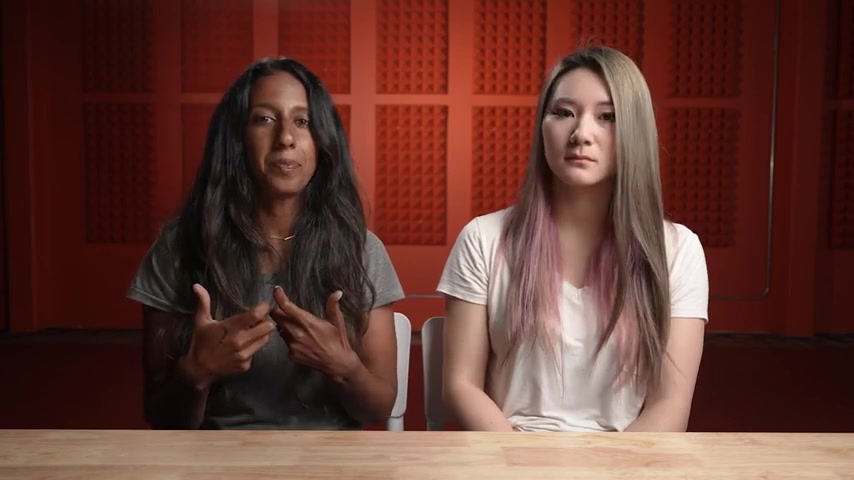
So about six months into our startup journey , he was getting very frustrated with the lack of traction and um it kind of caught us all by surprise since we hadn't talked about it .
And , you know , it was something that just kind of built up over , over time and he left the company pretty abruptly .
Another topic that we should have discussed earlier was about , um , finances and how long we could each afford to go with little to no salary .
So , there was a little bit of a mismatch with the founders on this , of course , everyone's financial situation is different .
This put a little bit of unexpected pressure on the company at some , at one point , it kind of came out of nowhere .
It felt like it came out of nowhere and we ended up feeling like we needed to raise .
We started considering some like low ball aqua hire offers .
Um And while we didn't end up taking any of these deals , um I think if we'd known sooner , we probably could have made some decisions earlier on to avoid these distractions .
Um And so just these conversations would have been really helpful to have had up front .
Got you .
Yeah , these scenarios seem pretty common .
Absolutely .
And it'd be really helpful to discuss these things in advance .
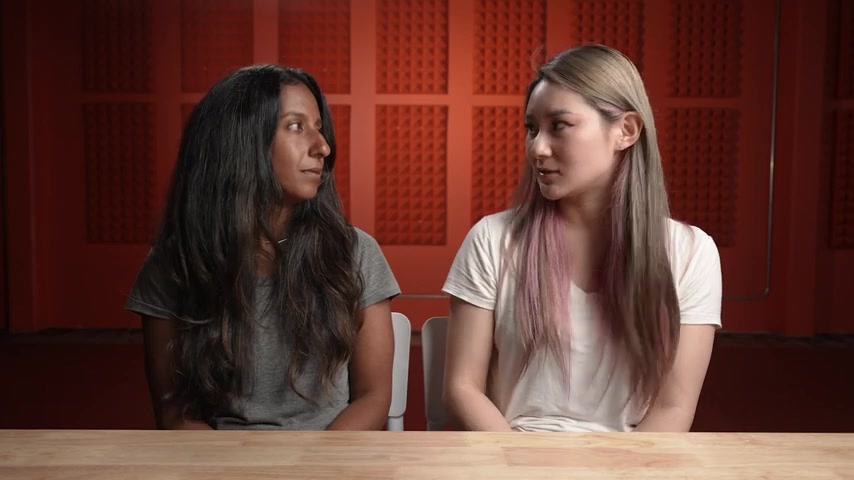
Do you have a list of topics you recommend that founders discuss with their co-founders before committing ?
Yeah .
So this list is by no means exhaustive , but here's some good ones to start the conversation .
So one is , um , how much do you want to work on your startup versus not , we talked about this earlier .
But , um , you know , evenings , weekends vacations , like , kind of , what are those expectations ?
What do you guys both have in your mind ?
They can be pretty different , they can be very different and sometimes people just assume and don't have the conversation just like , don't assume , you know , put it out there .
Um , what is being available and like , what are response times look like ?
Like , you know , if I slack you and you write back to me six hours later , like , am I gonna be frustrated or am I gonna think you're really responsive ?
Like , you know , people have different senses of this .
How long can each of us go without salary or benefits ?
Again , this is a very important one to talk about and what do each of you need to see at different milestones to keep working on it and to stay motivated ?
Does anyone have a it needs to be working by date ?
Um And if so like , what does working look like ?
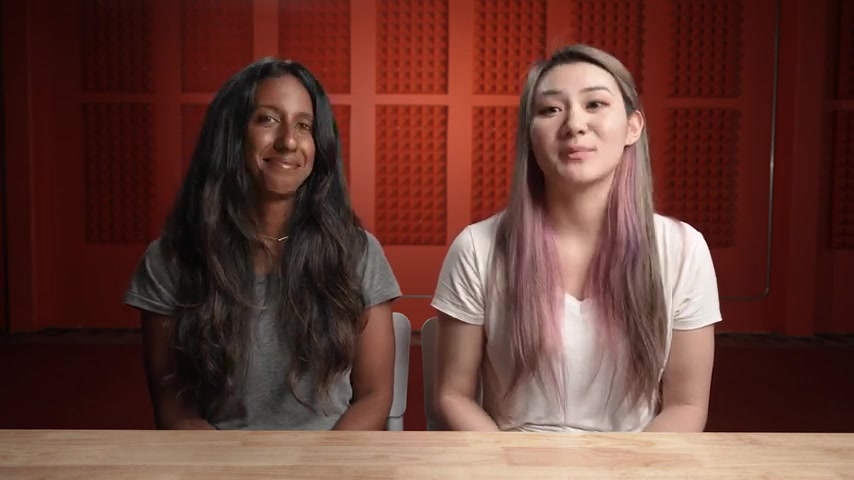
Yeah , this is such great advice .
I can definitely see how misalignments on these expectations can start small but really fester into resentment over time .
Absolutely .
Aside from aligning on expectations , we hear that building trust is another key element of a co-founder relationship .
I've personally seen this at the root of lots of relationship issues , not just for co-founders , but for friendships , family relationships , et cetera .
We see co-founder breakups all the time .
At Y C and a lot of them stem from a lack of trust that grows out of control .
Devia .
How has trust played a role in your co-founder relationship ?
Yeah .
So trust is a really big 11 of the things I haven't mentioned until now is that for both my startups , one of my co-founders is my husband , still , still my husband .
I knew you were gonna ask .
Um And for my second company , he was my only co-founder .
It was just the two of us .
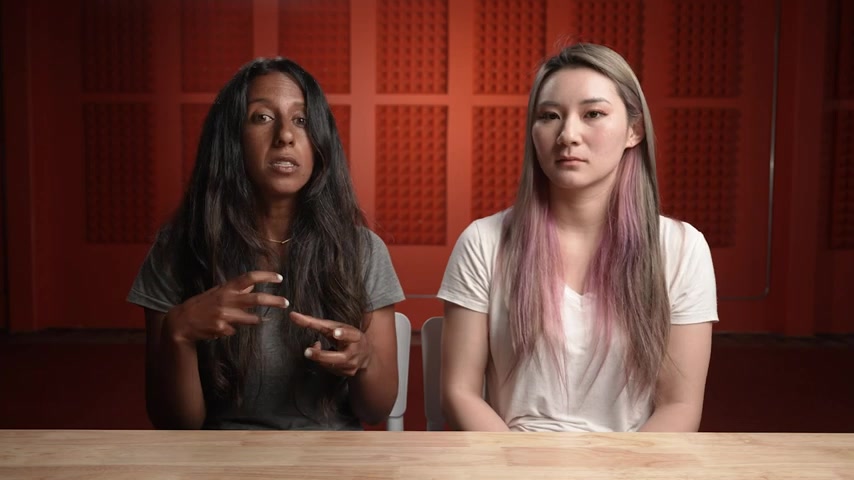
And one of the reasons we were able to make decisions so quickly and draw such clear lines of ownership was that we already had so much trust built up from being married , but also from having run a company together earlier .
Um You know , of course , not everyone comes in with this much underlying trust , but having that trust made the co-founder relationship very , very functional .
I think previously existing relationships with your co-founders could go both ways , right ?
Of course , personal relationships don't always translate into functional co-founder relationships .
Yeah , that's 100% true .
A previously existing personal relationship um could totally go both ways .
Um And let me give you an example of one that did not go so well .
So um last batch , last Y C batch , we had a , a company .
Why um we , we thought the founder was great and we said , why don't you come back with a co-founder ?
And so um he went and he found a friend , someone who he'd been very good friends with for a long time .
They hadn't worked together , he convinced him to join the companies .
They came back , they started the batch .
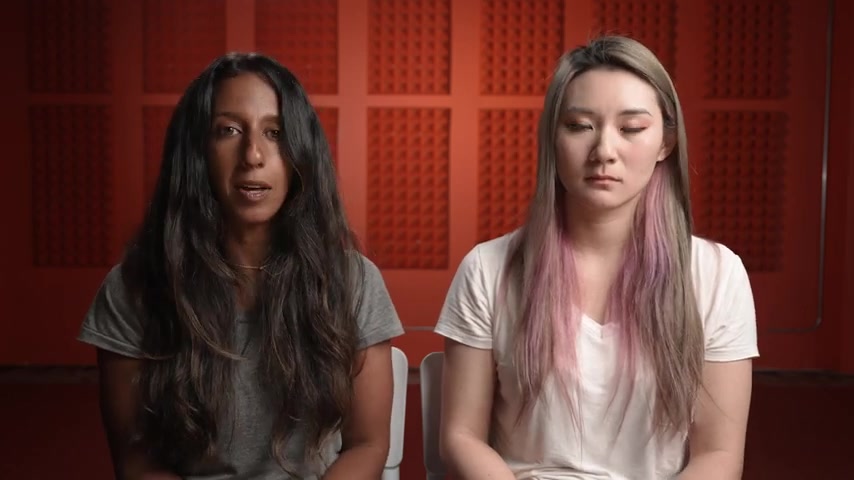
Um , the CEO had been running the company for about six months and to him it , it really felt like his company .
Yeah .
So he brought in this friend and from day one he just kind of micro managed him and didn't give him enough space to succeed or fail at the projects he was responsible for .
And this is an important one , right ?
He would kind of jump in before the projects had time to work because at a startup , like things take time and everyone needs a little bit of space and they need that trust .
Um And so he would jump in and he would just kind of berate his co-founder when things were starting to go wrong and when you trust someone , like you give them this room to fail , right ?
And the psychological safety to make mistakes .
In this case , the co-founder relationship ended with the two .
So , you know , we got a slack message one morning and they were like the two of us , we were at a bar midnight last night with a bunch of our friends .
The CEO was like berating his co-founder and then , you know , the co-founder resigned observ abruptly the next morning .
So it's just not a good situation .
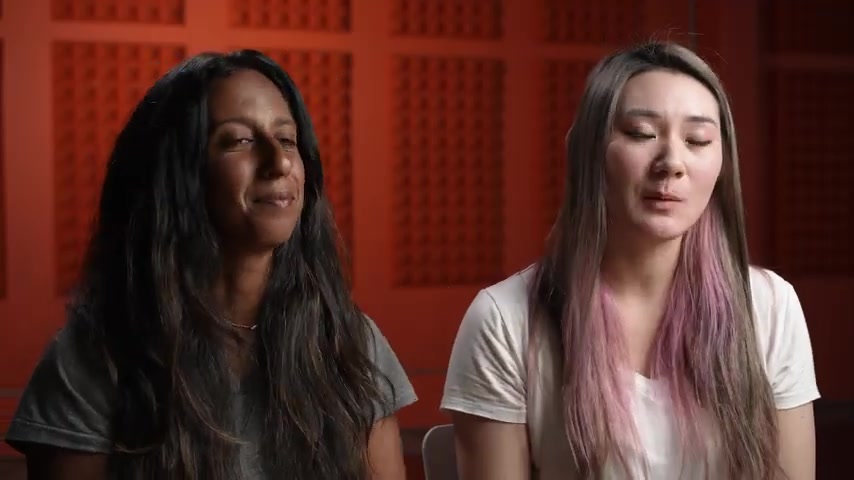
That sounds really rough .
Yeah .
I would not want to be in a situation like that .
We do have a couple of tips to help with building trust .
So number one is trust people by default , trust them until they lose your trust , not vice versa .
A lot of good founders tell us they do this because when you operate the other way around , like in the example , people end up feeling micromanaged , they feel not trusted and all this negativity will continue to build up .
If you say you're gonna do something , do it .
If you're not gonna get it done , that's fine .
Like startups run super fast , you will often have more things than you can finish on your plate .
But if you're not going to do it , you should communicate early often and honestly create space for mistakes .
You are going to make mistakes all the time , both you and your co-founder .
So don't say things like I told you .
So it's important to learn from mistakes together rather than assigning blame when something goes wrong .
And lastly , the more time you can spend physically together , the better this lowers the friction to asking questions , talking about the little things .
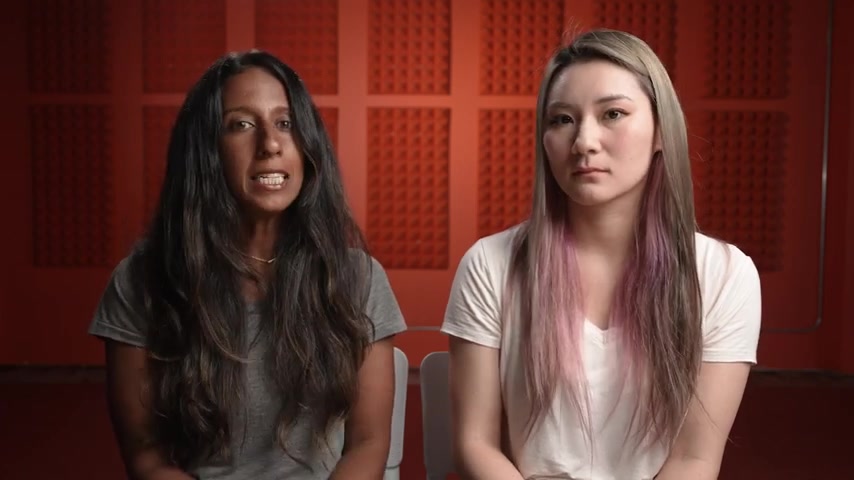
And that can expedite making progress on both your startup and your relationship .
Communicating in person can also help you learn or get a better understanding for the way your cof hunter thinks and that can help you build trust as well .
Thanks Kat , those are great .
And , um , you know , they can kind of build a really good foundation for building a trusting relationship .
Um So , in addition to that underlying trust that you're gonna be continually working at , um there might need to be some structural roles and responsibilities that are defined to keep decision making really fast .
So , on my first company , we made the mistake of trying to keep everything equal .
Um And there are many of you , there are four of us .
Yeah .
Um So , you know , we talked earlier about uh how splitting equity equally is a good idea and like , totally agree with that .
The equity was not the problem .
The first kind of yellow flag that came up was that we decided to not have any titles like we all called ourselves co-founder .
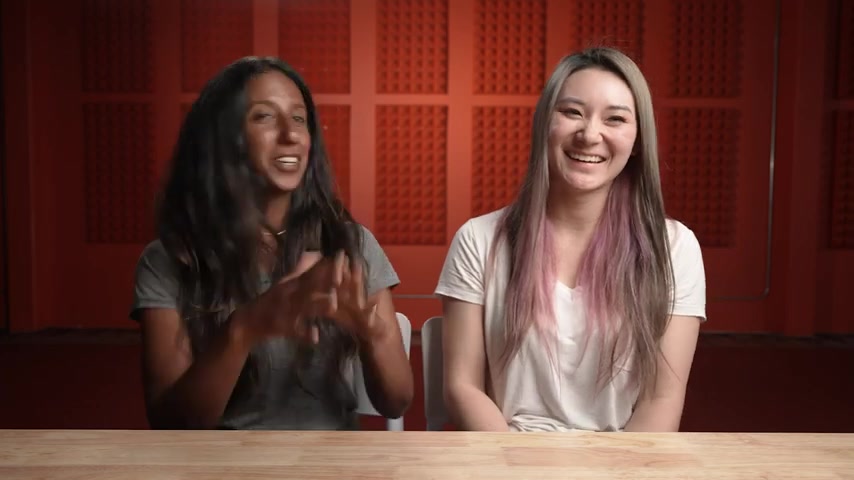
Um And so in and of itself , that wasn't really a problem , but there's kind of two issues with this one is as a corollary to that , we tried to make all of our decisions by consensus , consensus , meaning you all had to agree on the decision to move forward .
Yeah , for like any decision .
Um So I don't think I even need to go into it with this group .
I'm like , why ?
That's a bad idea , but at the time , it felt really equal and it felt equitable .
But also the , the , the fact that we had no , no titles was a little bit of a yellow flag because it was an early indicator that the team couldn't have hard conversations and we couldn't make decisions when there was disagreement , right ?
And so it was like the consensus and the lack of titles were like both kind of symptoms of the same thing , you know , having to make decisions by consensus was ultimately disastrous .
Like we would just spin , we would get stuck in gridlock .
Um So let's talk about some ways to protect against this .
So you all don't repeat my mistake .
Yeah .
So as Vivian mentioned , having clear titles or at least naming one person , the CEO can certainly help none of this co CEO stuff .
It helps break ties and disagreement .
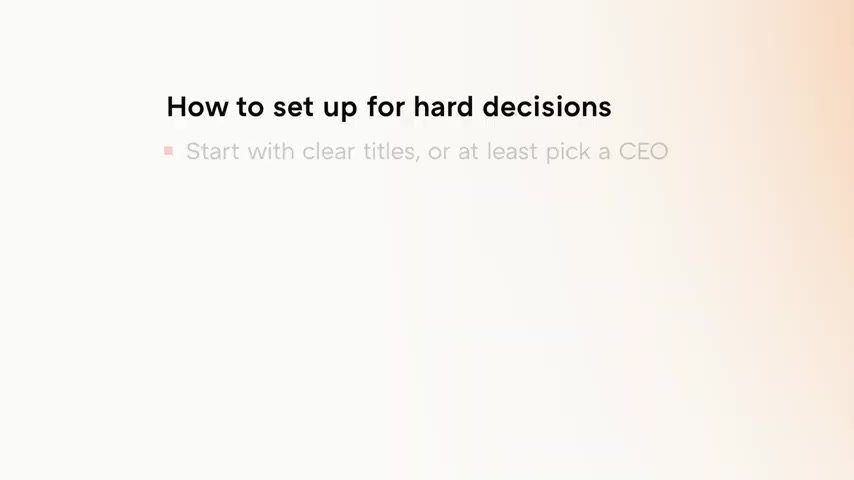
And it's also just really good practice for having hard conversations where two people may not agree , not being able to pick A CEO could be a sign that you're not able to make hard decisions together .
In addition to titles .
It's important to establish a few other things that can help with decision making .
So clear areas of ownership within the company who is the final decision maker for different types of decisions .
This could be a different person and different functions , but it's important to know who it is .
What happens if the other person agrees disagrees slightly versus strongly , maybe the way you deal with it is different in those cases .
And finally , it can be helpful to set up a structure for accountability .
Once you've made your decision at some point , you should check back in to see how that decision played out and whether anything needs to change in the process , moving forward , clear areas of ownership are very , very important um in a startup in a business .
And in addition , uh in order to make that work , it's also very important to understand each other's personality and communication styles .
And so , you know , here's some tips on that .
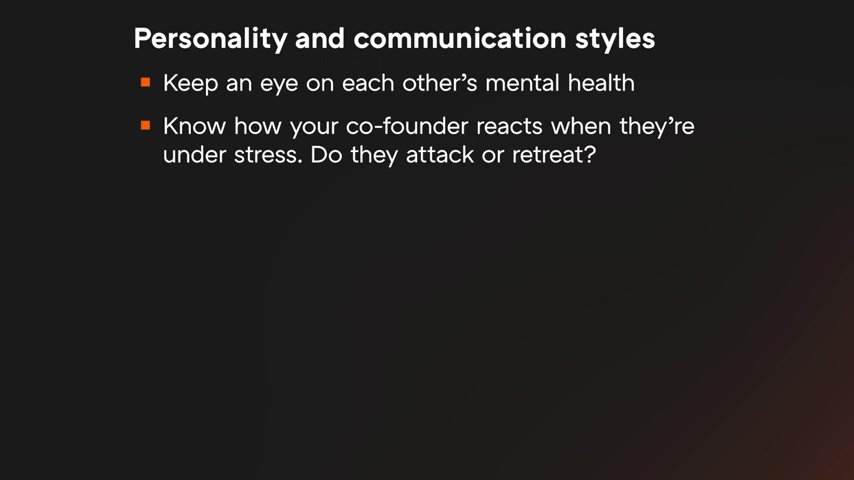
So one is keep the keep an eye on your , on each others mental health , right ?
Like likely their view as a mental health professional or anything like that .
But you can kind of see some early indicators .
Is your co-founder burning out ?
Are they taking care of themselves ?
Are they starting to kind of be become more reactive or more emotional ?
Like these are some things to look out for and catch early related .
Know how each of you reacts when you're under stress or when you're having a tough conversation .
Kat , let me ask you a question when you're in a stressful , tough conversation .
Do you tend to attack or retreat ?
I get very aggressive when I feel upset .
So I would say attack .
Yeah , same .
Um I am , I'm in the same boat and um this is something that I assumed was the case for everyone , but it's not right ?
Like people have very different personality types .
I've been in a few um close professional relationships or co-founder relationships .
If I'm very frustrated , I like you .
I get very spun up like I , I get very communicative , communicative .
I crave engagement .
Do you want to solve the problem right now ?
Exactly .
Like I want to get in right now right now .
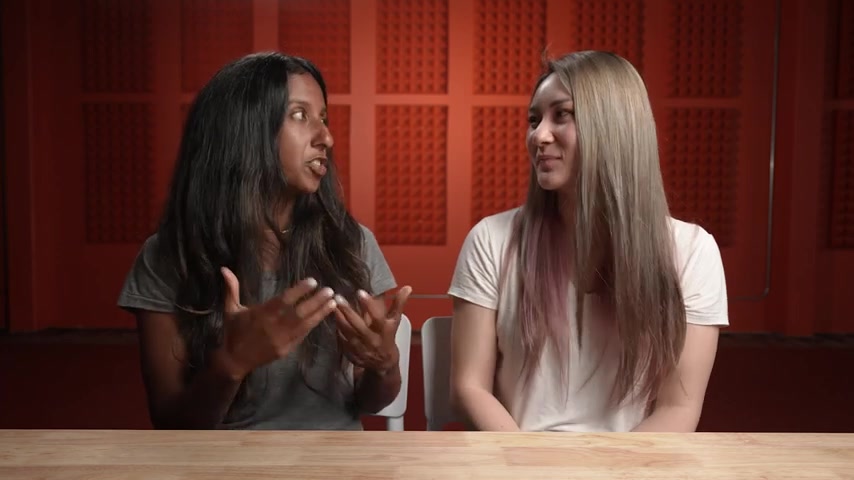
It might not always be a good idea .
Right .
Like , we might be emotional , but I'm still like , I wanna , I want to get through this and I've worked with people that in those situations , like they just kind of want to withdraw a little bit like they want to cool down .
Maybe they don't want to engage with me because I'm being crazy .
Right .
But like people sometimes just want like a little bit of time to calm down .
And I think sometimes when there's a mismatch in these styles , it can create a little bit of a vicious cycle .
It can self perpetuate the more you want to talk to them , the more they are not trying to talk to you right now .
And I might perceive that they don't care about the problem .
Um So it's just important to know how people react in stress a few other things .
So does your co-founder tend to speak up when they see a small problem or do they bottle it up until there's a huge frustration ?
It's important to know how big of a deal things are when someone brings things up , what environments are most comfortable for your co-founder to voice concerns ?
Is it , you know , like a walk and talk ?
Is it maybe over a meal ?
Is it in a scheduled structured one on one where there's time set aside for concerns .
Here's one that might be a little bit counterintuitive .
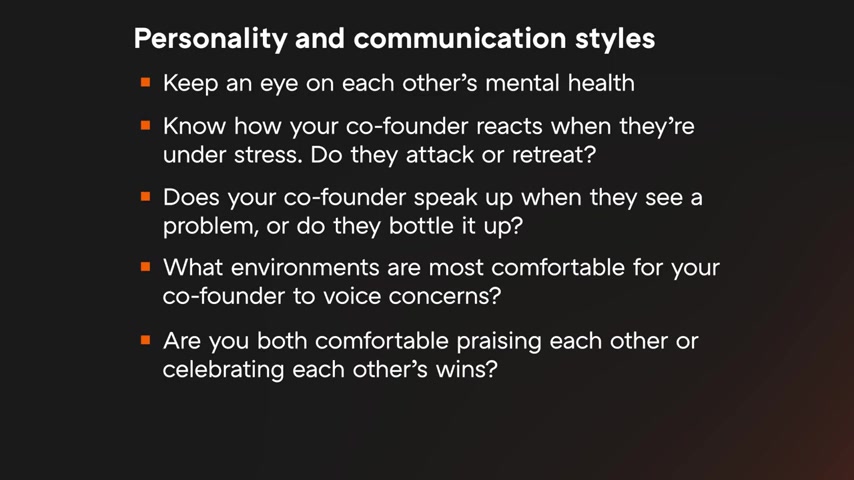
But are you both comfortable praising each other and celebrating each other's wins ?
This can actually be very uncomfortable for people sometimes .
Can you , you know , give each other positive feedback and can you graciously accept positive feedback like this can really build a strong co-founder relationship ?
And lastly , will you feel attacked if your co-founder makes a suggestion about your work ?
Because as we talked about , everyone's gonna make a lot of mistakes , right ?
And everyone needs to be able to talk about these in a way that isn't emotionally loaded .
So figure out what that looks like for you .
Um And can you do it without taking it personally ?
I definitely have an aggressive personality type when I'm stressed .
So this is all really , really helpful stuff to think about .
Let's wrap up by talking about a few habits and structures you can put in place to try to build and foster a productive co-founder relationship .
Number one have regularly scheduled one on ones , even if you talk to each other all the time .
It can also be helpful to keep a list of ongoing topics that you add to as you think of things .
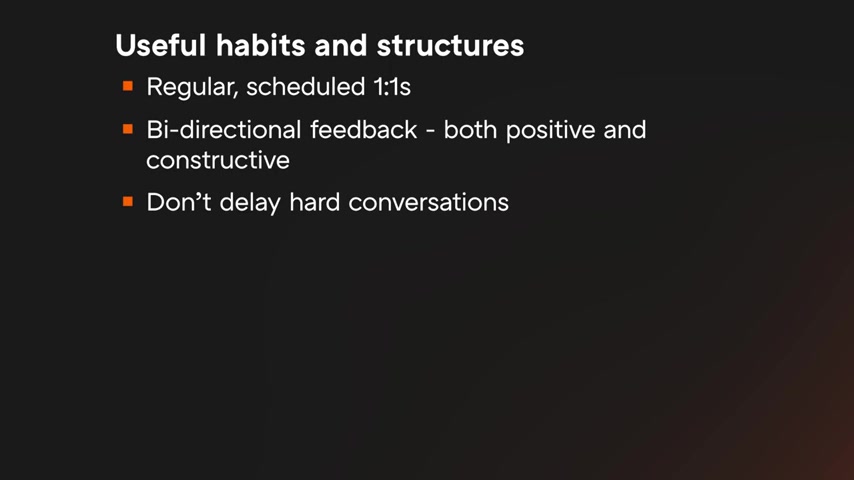
And if there's something non urgent , just , you know , add it to the list instead of interrupting your coo every time there is something small in those one on ones , definitely reserve time for bidirectional feedback .
Both positive and constructive , make this something that's part of the flow , make it routine .
Not something that feels like a big deal that you dread all the time .
Actually , I have a great example .
The founders from Kiwi Biosciences , which I talked about earlier , do something that I think is pretty cool .
When one person gives constructive feedback , the other person doesn't interrupt or argue .
It's a really neat way to let someone vent without feeling like they have to defend why they feel upset .
And I think it also helps with feeling like it's ok to talk about even the smallest things .
And that leads me to the next point which is don't delay hard conversations and don't wait until things are a big problem before you mention them .
The thing with problems is that they're easier to solve when they're small .
Engage a coach or a counselor for tricky interpersonal situations .
Don't feel bad about this .
This is really helpful .
I highly recommend it .
These coaches is literally their job to help people through these problems .
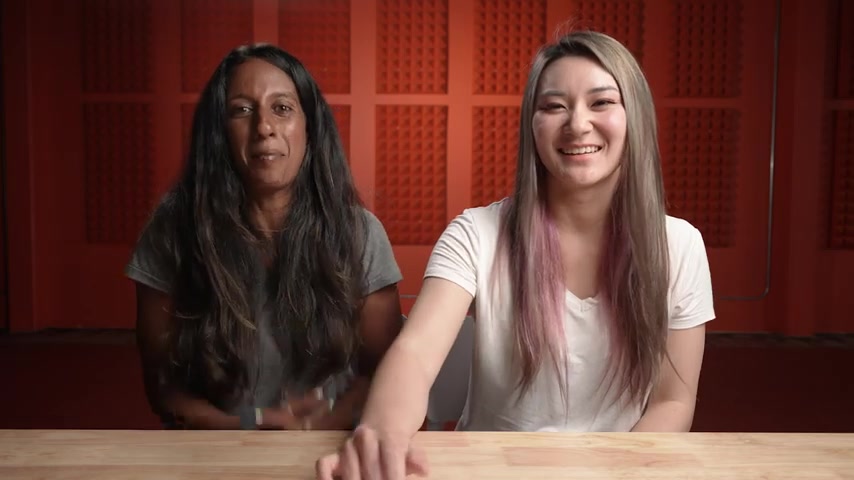
They've seen it all and they can help you .
And again , it doesn't mean you have a big problem because you're engaging a coach , right ?
Like you can , you can tackle the problem while it's small and we've talked about this next one a couple of times already , but we do think it's really important , avoid personal statements and normalize failure .
We've said this multiple times , failure is going to happen all the time and you need to create space for that .
So don't say things like I told you .
So don't say , hey , you always do this , you always X Y Z , these are personal attacks and you don't really want that in your co-founder relationship , argue and get comfortable arguing .
But you should know who ultimately is the decision maker disagree and commit .
At some point , your team will have to make a decision um unless you're , you know , trying to do the consensus thing , don't do that .
But once you've made a decision , commit and move on , just remember that at the end of the day , no matter what happens or what details you disagree on , you have the same ultimate goal , right ?
You both want the startup to succeed .
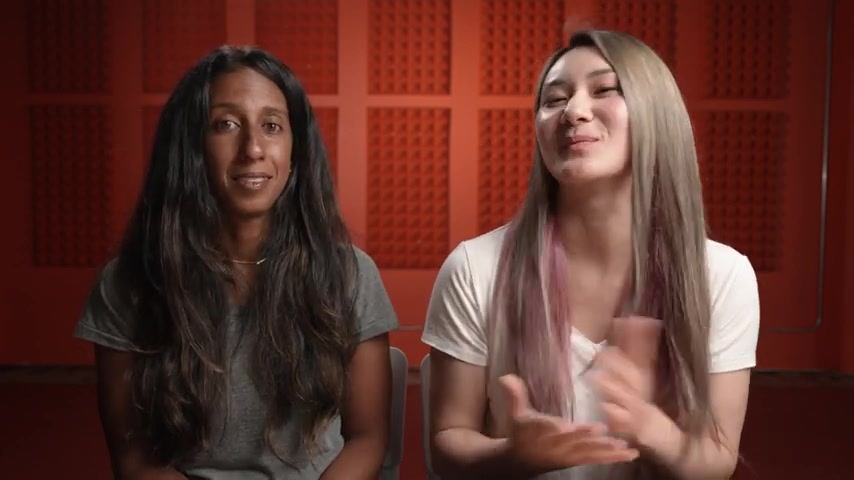
You're on the same team , you're doing something very , very hard and against the odds .
So you want to be marching in the same direction , right ?
So that wraps up our talk .
Hopefully you've gained either , you know , the desire to get a co-founder , more clarity on who your co-founder should be or maybe more insight on how to work together with your co-founder .
Are you looking for a way to reach a wider audience and get more views on your videos?
Our innovative video to text transcribing service can help you do just that.
We provide accurate transcriptions of your videos along with visual content that will help you attract new viewers and keep them engaged. Plus, our data analytics and ad campaign tools can help you monetize your content and maximize your revenue.
Let's partner up and take your video content to the next level!
Contact us today to learn more.